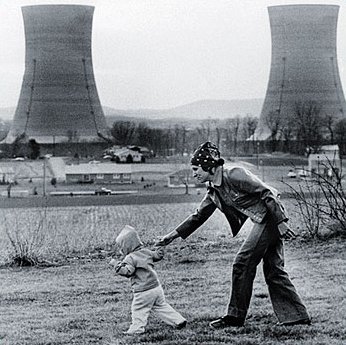
In America, not all kinds of inequality are created equal.
From the Washington Post, "A growing inequality," by Harold Meyerson, on 2 July 2013 -- For the past half-century, the de jure inequality of demographic groups has proven increasingly vulnerable to public pressure. From the Civil Rights Act of 1964 to last week’s Supreme Court decisionstriking down a key part of the Defense of Marriage Act, legal barriers against racial and sexual minorities as well as women have crumbled. Changes in the law have followed the same pattern: First, a handful of generally radical activists brought attention to the existence of a legal double standard; then, a mass movement grew in support of eliminating discriminatory laws and practices; only after this did government respond with legal remedies.
In each case as well, the movements’ success in diminishing their “otherness” — that is, establishing their full humanity — in the eyes of the majority of their fellow Americans has been key to ending legal discrimination. The shift in public opinion on same-sex marriage, for instance, follows decades when growing numbers of gay men and lesbians felt just secure enough to out themselves to their families, friends and co-workers, in the process normalizing what had been a concealed, and presumably shameful, status. The immigrant rights movement’s focus on the Dream Act kids — young people, many of whom are talented students, brought here as children and still forced to lurk in the shadows — put the most appealing human face on undocumented immigrants. That is at least partly responsible for what is now majority public support for enabling the undocumented to become citizens. (Whether that majority support carries any weight with xenophobic House Republicans, secure in their gerrymandered districts, is another question.)

Some forms of legal inequality persist in other guises. Another Supreme Court decision last week, striking down provisions of the Voting Rights Act that limited discriminatory practices in particular Southern states, will make it easier for black and Latino electoral participation to be limited. Just as those states once required voters to pass absurd tests or pay taxes to vote — measures almost always designed to apply only to blacks — now they will likely require voters to produce documents that the poor and students disproportionately lack (as, in fact, Texas did within hours of the high court’s ruling). Today’s vote supressionists are driven less by discrimination for its own sake than fear that their hold on power will weaken if minorities and the young vote in large numbers.
But while social and legal inequality has diminished over the past century, economic inequality has been on the rise since Ronald Reagan’s presidency. The public policies of the past 30 years — deregulating finance and encouraging the sector’s growth, failing to bolster workers’ declining bargaining power — are rightly understood to have reversed the more egalitarian economic policies of Franklin Roosevelt and Lyndon Johnson. But the economic inegalitarianism of the past three decades also makes a mockery of Thomas Jefferson’s vision of equality, which went beyond mere equality of creation. Jefferson believed that a nation of yeoman farmers was the best defense against the inequalities of wealth and power that would threaten the republic if cities grew too populous. He also believed, of course, in the institution of slavery — the paradox that haunts his legacy and our history to this day.

The belief that diminishing economic inequality would help build a more robust economy underpinned the legislation of both the New Deal and the Great Society. Granting workers the power to bargain with their employers, the preamble to the 1935 National Labor Relations Act states, would increase their capacity to consume and give the economy a shot in the arm. So, too, the 1938 Fair Labor Standards Act, which created the national minimum wage. Social Security and Medicare, by reducing poverty among seniors, also bolstered the national economy. Repeal any one of these and the economy would crumple. Indeed, the de facto repeal of the National Labor Relations Act — as employers have learned to exploit its loopholes and deny employees bargaining power — is a major factor in the decline of wage income.
How, then, do we decrease economic inequality — the one kind of inequality that continues to expand even as other forms contract (if slowly and unevenly)? The challenge isn’t to persuade the majority to embrace a minority but, rather, to embrace itself. Americans tend to blame themselves rather than changes in economic rules and arrangements for failing to achieve financial security. But with most of the nation falling behind, the problem and the solution aren’t individual. Like Jefferson’s generation, Americans must band together to create a more egalitarian land. (source: Washington Post)
No comments:
Post a Comment